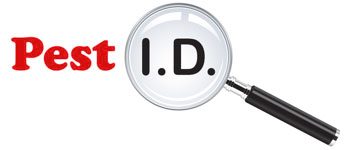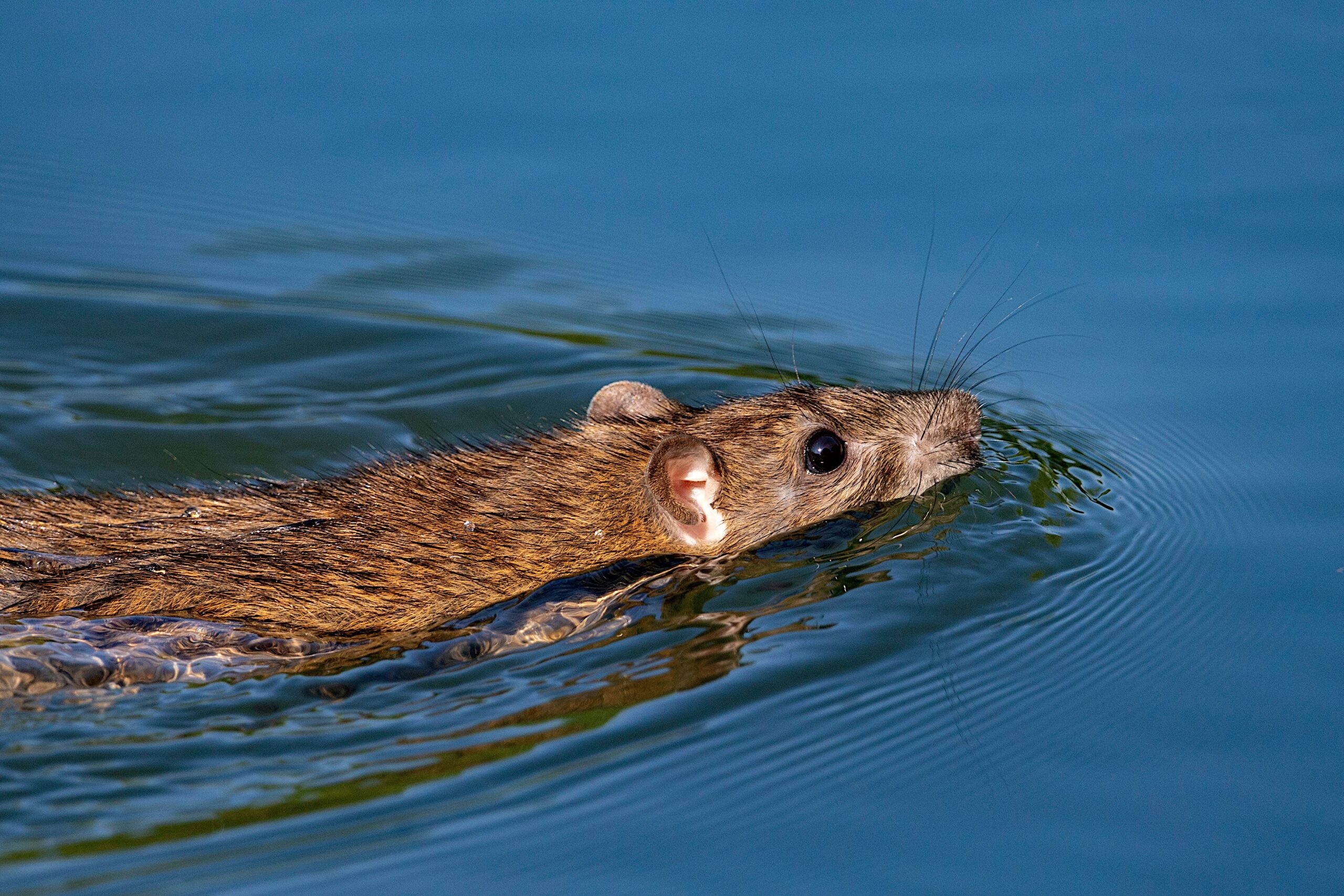Heavy rain can have a significant impact on the rat population living in the sewers. This is because the sewers provide a moist and humid environment that is perfect for rats, but heavy rain can change this environment, affecting the rats that live there in several ways. In this article, we will explore the changes within the sewer environment from heavy rain, and how this impacts rat movement and behaviour.
Flooding
One of the most significant effects of heavy rain on the rat population in the sewers is the potential for flooding. If the rain is heavy enough, it can cause the sewers to overflow, creating standing water and even flooding in some areas – this can force the rats to abandon their burrows and search for higher ground. Rats are excellent swimmers and can even tread water for up to three days! They want to escape after flooding because of the fast flowing water when sewers get full, which proves very destructive for them.
One of the biggest problems that arises from rats being driven out of the sewers is this: they are forced to forage for somewhere else that is warm and dry – and if that happens to be your home and they find themselves better off there than in the sewers, they will stay there.
Food & Shelter Washed Away
Another way that heavy rain can affect the rat population in the sewers is by altering their food sources. After heavy rain, the water in the sewers can wash away food that the rats rely on, such as insects and other invertebrates. This can result in a reduction in the food available to the rats, forcing them to venture into populated areas in search of food. Additionally, the heavy rain can also disrupt the natural habitats of the rats, making it more difficult for them to find food and shelter.
Chemical Contamination
In addition to the effects on food and shelter, heavy rain can also impact the health of the rat population in the sewers. Flooding can introduce pollutants and chemicals into the sewers, which can contaminate the rats’ food and water sources. This can lead to health problems, including illness and disease, which can impact the rats’ ability to reproduce and survive. Additionally, the heavy rain can increase the humidity levels in the sewers, creating an environment that is more conducive to the growth of fungi and bacteria, which can also harm the rats’ health.
Reducing Rat Risks From Heavy Rain
To minimise the impact of heavy rain on the rat population in the sewers, it is important to take steps to prevent flooding. This can include installing backflow preventers and other devices to prevent sewer backups and maintaining the sewers to ensure that they are functioning properly. Additionally, it is important to use rat control measures, such as bait stations and trapping programs, to keep the rat population under control and reduce the number of rats that are forced to leave the sewers and venture into populated areas.
In conclusion, heavy rain can have a significant impact on the rat population in the sewers. The potential for flooding, changes in food sources, and impact on health are all factors that can affect the rats after heavy rain. To alleviate the consequences of heavy rain on the rats in the sewers, it is essential to prevent flooding and implement effective rat control measures. By working together, we can help to reduce the impact of heavy rain on the rat population in the sewers and prevent rat problems in populated areas.
If you have any questions about how to control or prevent rats in your home, or how to deal with rats following heavy rain, get in touch with our expert team today.








